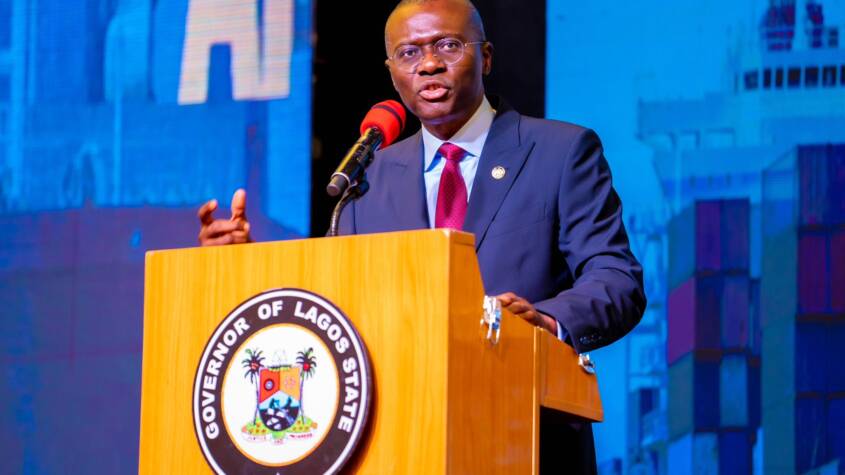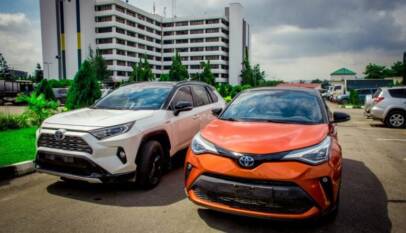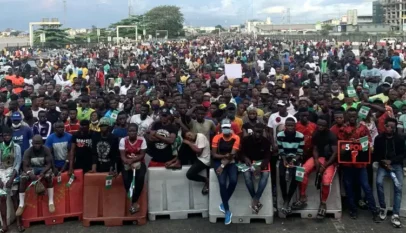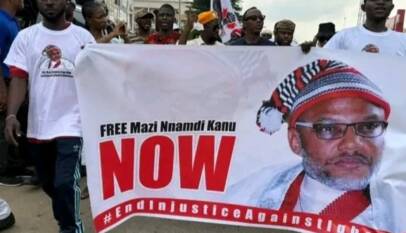Lagos State has solidified its status as one of Africa’s economic powerhouses, with its Gross Domestic Product (GDP) reaching a remarkable $259 billion when measured by purchasing power parity (PPP).
This milestone places Lagos as the second-largest economy on the continent, trailing only Cairo, Egypt.
This was made known during the official launch of the Lagos Economic Development Update (LEDU) 2025 on Wednesday.
According to the report, the state ranks as Africa’s second-largest city economy by purchasing power parity (PPP), following Cairo.
The report reveals that the state’s Gross Domestic Product (GDP) stood at US$259.75 billion in 2023.
The Lagos economy recorded significant growth in the first half of 2024, expanding to N27.38 trillion, a substantial increase from N19.65 trillion in 2023.
This growth highlights the resilience of Nigeria’s commercial capital amid economic reforms and ongoing infrastructural investments.
Despite this growth, the tax-to-GDP ratio remains low at 2.3%, reflecting the need for enhanced revenue mobilization efforts.
Looking ahead, the Lagos State government has set ambitious projections for the 2025 fiscal year, with expectations for further economic expansion and stability. The key assumptions include
GDP growth, Sectorial growth, Inflation Forecast, and Revenue Projections. Lagos remains a key destination for investors looking to tap into Nigeria’s vibrant economic landscape.
The state’s continued economic expansion, coupled with strategic policy interventions, presents opportunities in infrastructure development, technology, real estate, and manufacturing.
However, observers note that while Lagos enjoys a large economy, challenges such as high inflation, foreign exchange volatility, and infrastructure deficits must be addressed to sustain long-term growth.
The National Bureau of Statistics (NBS) is set to rebase Nigeria’s Gross Domestic Product (GDP) this year, using 2019 as the new base year instead of 2010.
The base year for GDP calculations is being updated from 2010, which has been in use for the past 15 years, to 2019.
The rebasing process includes extensive updates in the scope of economic activities focusing on digital economic activities,
emerging sectors, and
Social Programs.
































